
views
Decades after the celebrity murders, the world still remembers them with grief and a sense of despair. On November 22 1963, American President John F Kennedy was assassinated in Dallas as he was travelling in an open car along with his wife, Jacqueline. Had he heeded to the advice of his secret service men, who had warned him against riding an open vehicle, he would have perhaps lived.
The other terrible murder was that of Sharon Tate, the wife of Polish auteur Roman Polanski. On the night of August 8-9, she along with four other visitors at her Los Angeles home were killed by members of the Manson Family, a cult led by Charles Manson. Polanski was away in Europe shooting a movie, and Tate's murder saddened and angered the world, especially so because she was eight-and-a-half months pregnant. And she is said to have pleaded with her assassins to let her live, but cult killers are ruthless to the core and unimaginably brutal.
There has been sudden revival of interest in the Tate case, with Quentin Tarantino now shooting Once Upon A Time In Hollywood with Brad Pitt and Leonardo DiCaprio in it. Damon Herriman will essay Charles Manson, and the work on the Tate murder will have a 2019 release.
But before that, the ongoing 75th edition of the Venice Film Festival had a feature on the Sharon killing, Charlie Says, and despite a late evening slot, it gripped me. Here director Mary Harron uses the infamous murder to focus on the scores of women who lived with Manson in his secluded ranch and doted on him to such an extent that they were willing to be humiliated and physically abused. Some of them were literally raped by Manson. With Matt Smith as the sociopathic cult leader, who could not take no for an answer, and whose one disappointment with a music company (he was rejected) pushed him on a killing spree, Charlie Says takes us into the warped-up existence of the man.
Harron, who had earlier given us thrillers like I Shot Andy Warhol and American Psycho, this time tells us the story from the perspective of three unfortunate women who got seduced by Manson's sweet words and trapped into his highly unethical way of living -- a path which ultimately led them to self-destruction.
While Charlie Says has drawn liberally from Ed Sanders' book, The Family, the movie also makes use of the writings of Karlene Faith, a feminist criminologist. She is essayed in the film by Merritt Wever, and as a graduate student she is invited to meet the Manson Women -- Leslie Van Houten (Hannah Murray), Patricia Krenwinkel (Sosie Bacon) and Susan Atkins (Marianne Rendon) – who are imprisoned in a high security place. They had remained locked up for three years, when Faith ( Wever) meets them. She makes a very patient attempt to get the three women back to where they had been before coming across Manson.
Faith wants to pull them out of the Mansion madness, the kind of illusory world he had promised the women. They must rediscover what they had been before they walked into the Mansion ranch. And Charlie Says in a back and forth narrative, paints the picture of Manson and his unreal life and the kind of despair the three women find themselves in.
They were not hanged because of a law in California, but spent their entire lives incarcerated. Houten is still in jail, and so is Krenwinkel. Atkins died in 2009 of brain tumour.
(Author, commentator and movie critic Gautaman Bhaskaran has covered the Venice Film Festival for over 15 years)












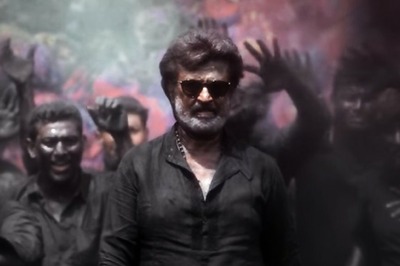

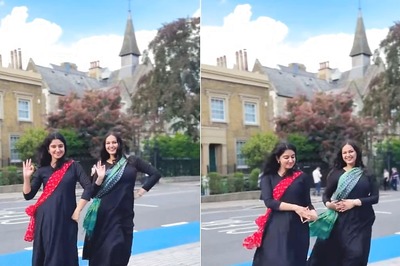
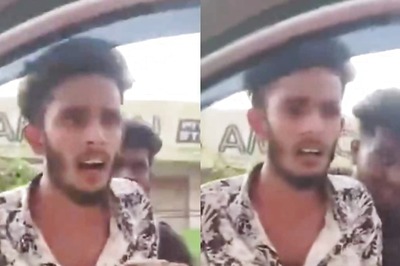

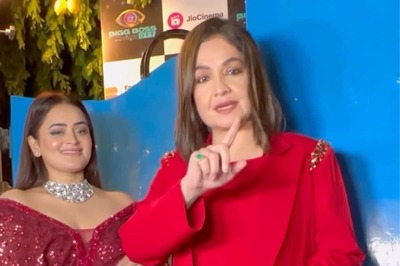
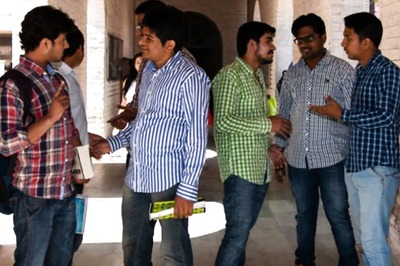

Comments
0 comment